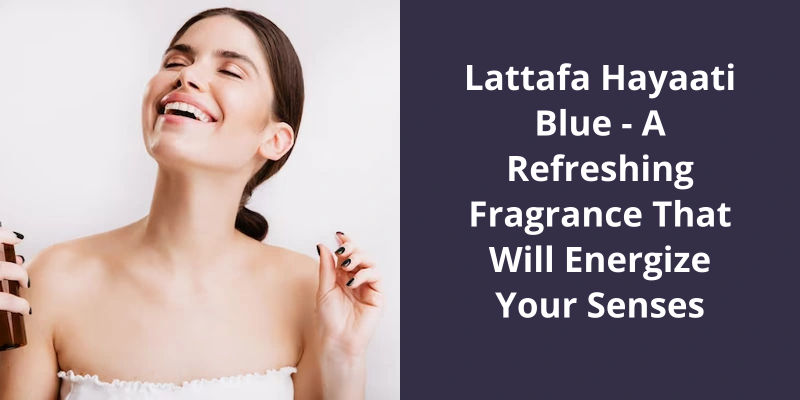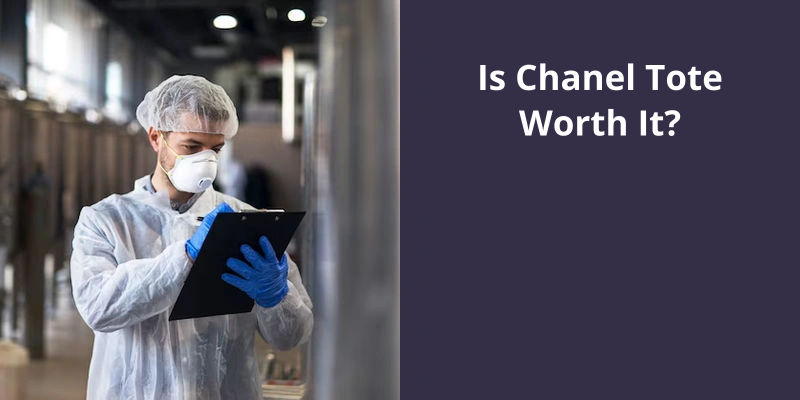Le Labo, a well-known perfume brand, does use chemicals in its products, like most perfumeries. While they strive to incorporate natural ingredients whenever possible, the creation of certain fragrances and preservation of their products necessitates some synthetic components. These artificial substances are tested to be safe for use, ensuring they adhere to high quality and safety standards. Further, they also offer vegan and cruelty-free products, demonstrating their commitment to ethical sourcing and production methods. However, like with any cosmetic product, it is advised that individuals with sensitive skin conduct a patch test before full application.

Is Le Labo Natural or Synthetic?
Le Labo is a luxury fragrance brand that’s been gaining a lot of attention in recent years. One of the most common questions that consumers have about the brand is whether their perfumes are natural or synthetic. The answer to this question is a bit more complex than a simple “yes” or “no”.
These oils are typically extracted from plants, flowers, and herbs, and are known for their therapeutic properties. Some of the most commonly used essential oils in Le Labos fragrances include bergamot, lavender, and rose. These natural oils can add depth and complexity to a fragrance and are often used in the top, middle, or base notes of a scent.
These ingredients are typically sourced from plants, but have undergone some level of processing to extract the desired scent molecule. Sometimes referred to as “nature identical” molecules, these ingredients have a similar chemical structure to their natural counterparts but are created in a lab.
These synthetic ingredients are made in a controlled environment and are designed to mimic the scent molecules found in natural materials. Synthetic ingredients have gotten a bit of a bad reputation in recent years, with many consumers favoring natural or organic products. However, synthetic fragrance ingredients can offer a number of benefits, such as consistency in scent, affordability, and an ability to produce fragrances that aren’t possible using natural ingredients alone.
Le Labo’s history is fascinating, from it’s humble beginnings in 2006 through to it’s acquisition by Estée Lauder Companies in 201With the brand now overseen by Esteé Lauder’s Group President, Le Labo has flourished alongside other flagship fragrance brands. But what does this mean for the future of the company, and can the brand’s unique approach to fragrances withstand the changes that come with being part of a larger corporation? Let’s take a closer look.
Is Le Labo Owned by Loreal?
Despite being owned by Estée Lauder, Le Labo has maintained it’s unique identity and commitment to creating high-quality, artisanal fragrances. Le Labos perfumes are made in small batches and are often inspired by specific locations and materials. The brand is known for it’s minimalist packaging and attention to detail, from the handwritten labels on each bottle to the personalized engraving service offered in-store.
The brands best-selling scent, Santal 33, has been worn by the likes of Justin Bieber, Beyoncé, and Emma Stone. Le Labo also offers a range of skincare and body care products, which use natural ingredients and are free from parabens, sulfates, and phthalates.
The History of Le Labo and How the Brand Was Founded
Le Labo is a fragrance brand that was founded in 2006 by Eddie Roschi and Fabrice Penot. The brand started as a small boutique in New York City, where the founders created bespoke fragrances for customers. They were inspired by the traditional perfumeries of Grasse, France, where fragrances were made by hand with high-quality ingredients. Le Labo quickly gained a cult following for their unique, artisanal scents and minimalist packaging. The brand has since expanded to include a range of fragrances, candles, and body care products, but their ethos of using natural ingredients and handcrafted techniques remains at the core of their business.
Source: Le Labo – Wikipedia
Le Labo fragrances are beloved by many for their unique and captivating scents, rooted in the brand’s commitment to minimalist and sustainable practices. At the helm of this innovative brand is Edouard “Eddie” Roschi, a co-founder with an unparalleled passion for crafting exceptional fragrances. Together with his team, Roschi has built a brand that’s truly revolutionized the world of niche perfumery.
Who Is the CEO of Le Labo Fragrances?
Roschi was born and raised in Geneva, Switzerland, but his passion for fragrance and his creative flair led him to New York City, where he co-founded Le Labo with Fabrice Penot. Together they created a brand that was focused on crafting fragrances that weren’t just beautifully scented, but also had a distinct narrative and a sense of connection to peoples personal stories. This approach was unique for it’s time, and it quickly captured the attention of discerning consumers who were looking for a more intimate, artisanal fragrance experience.
Today, Roschi continues to lead Le Labo with the same passion and creativity that’s driven the brand since it’s inception. He’s constantly seeking new ways to push the boundaries of fragrance, and he’s committed to ensuring that Le Labo remains at the forefront of the industry for years to come.
The Range of Products Offered by Le Labo, Including Their Popular Santal 33 Fragrance
- Santal 33 fragrance
- Other fragrances
- Candles
- Bath and body products
- Home fragrances
- Grooming products
- Perfume oils
Conclusion
While the use of synthetic ingredients may be a concern for some, the brand ensures that these ingredients are carefully chosen and made in controlled settings to minimize any potential negative impact. Their use of natural essential oils and naturally-derived ingredients further emphasizes their commitment to producing fragrances that aren’t only beautiful but also sustainable.





